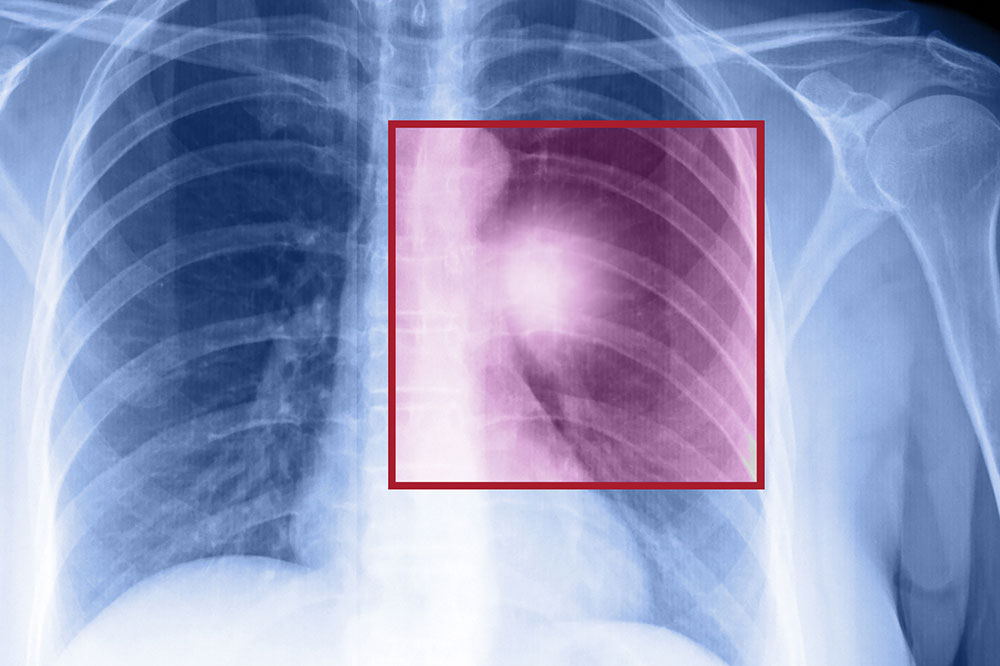Comprehensive Guide to Understanding and Preventing Colorectal Cancer
This comprehensive guide delves into colorectal cancer, highlighting its risks, symptoms, treatments, and preventive strategies. Understanding these aspects is crucial for early detection and reducing disease incidence. Learn how lifestyle choices, genetic factors, and early screenings play vital roles in combating this common cancer. Empower yourself with knowledge to recognize warning signs and adopt healthier habits to protect your health and potentially save your life.

Comprehensive Guide to Understanding and Preventing Colorectal Cancer
Colorectal cancer is among the most common and deadly cancers in the United States, ranking third in cancer-related deaths nationwide. Recent studies reveal that African-American populations face a disproportionately higher risk compared to other racial groups. Alarmingly, projections from the American Cancer Society suggest a significant rise—up to 90%—in new colorectal cancer cases among young adults aged 20 to 34 by 2030. Recognizing these key facts can play a vital role in early detection, timely intervention, and effective prevention strategies. This comprehensive article provides an in-depth understanding of colorectal cancer, its risk factors, symptoms, treatment options, and practical prevention tips to help individuals protect themselves and their loved ones.
Understanding Colorectal Cancer
Colorectal cancer, also known as colon and rectal cancer, develops from abnormal cell growth in the large intestine, which includes the colon and rectum. These two parts are collectively referred to as the colorectal region. It is a type of malignant tumor that, if not diagnosed early, can spread beyond the colon or rectum to other parts of the body, making treatment more complicated and prognosis more severe.
Recognizing early symptoms of colorectal cancer is crucial because early diagnosis significantly improves treatment outcomes. Be vigilant for signs such as:
Major symptoms and warning signs:
Blood in stool or noticing dark stools, which could indicate bleeding in the gastrointestinal tract
Changes in bowel habits, including persistent diarrhea, constipation, or irregular bowel movements that last over several weeks
Rectal bleeding or a persistent feeling of rectal fullness or discomfort
Other potential symptoms include unexplained weight loss, persistent fatigue, abdominal pain or cramping, a sensation of incomplete bowel emptying, and bloating. While these signs can sometimes be attributed to less serious conditions, ignoring them can delay crucial diagnosis and treatment, risking the progression of the disease.
Consult a healthcare professional promptly if you experience any of these symptoms. Early detection saves lives and increases survival rates.
Causes and Risk Factors
Despite extensive research, the exact cause of colorectal cancer remains unknown. However, several risk factors have been identified that increase susceptibility to the disease. These include genetic and lifestyle aspects that can be modified to reduce risk.
Key risk factors are:
Family history of colorectal cancer: Inherited genetic mutations or family members affected by the disease significantly increase individual risk.
Presence of colon polyps: Benign growths in the colon can develop into malignant tumors over time if not removed.
Inflammatory bowel disease (IBD): Conditions such as Crohn's disease and ulcerative colitis are linked to a higher likelihood of developing colorectal cancer.
Dietary habits: Diets high in red meats, processed foods, and saturated fats are associated with increased risk, whereas diets rich in fiber, fruits, and vegetables tend to be protective.
Typically, colorectal cancer develops over several years, beginning as benign polyps that gradually transform into malignant cells. The disease predominantly affects individuals over the age of 50, but recent studies show alarming rises among younger populations, underscoring the importance of awareness and early screening for all age groups. Men appear to be at slightly higher risk than women, possibly due to differences in lifestyle and genetic factors.
Current Treatments and Medical Interventions
Treatment options for colorectal cancer depend heavily on the stage at diagnosis, overall health of the patient, and tumor location. Common approaches include:
Surgical removal of the tumor, which is often the primary treatment
Chemotherapy to target cancer cells and prevent spread or recurrence
Radiotherapy, particularly for rectal cancers or when the tumor is not operable
Although these treatments can be effective, there remains a risk of cancer recurrence. Hence, ongoing monitoring and follow-up care are essential for long-term management and ensuring complete remission.
Prevention strategies hold a key position in reducing colorectal cancer incidence. Lifestyle modifications, such as adopting a nutrient-rich, high-fiber diet and maintaining a healthy weight, are the most accessible and effective ways to lower risk. Avoiding smoking, limiting alcohol consumption, engaging in regular physical activity, and routine screenings are critical preventative measures.
Incorporating these habits into daily life not only helps prevent colorectal cancer but also contributes to overall health and well-being. Regular check-ups and early screenings like colonoscopies are recommended starting at age 45 or sooner if there's a family history or other risk factors, enabling early detection and intervention.





